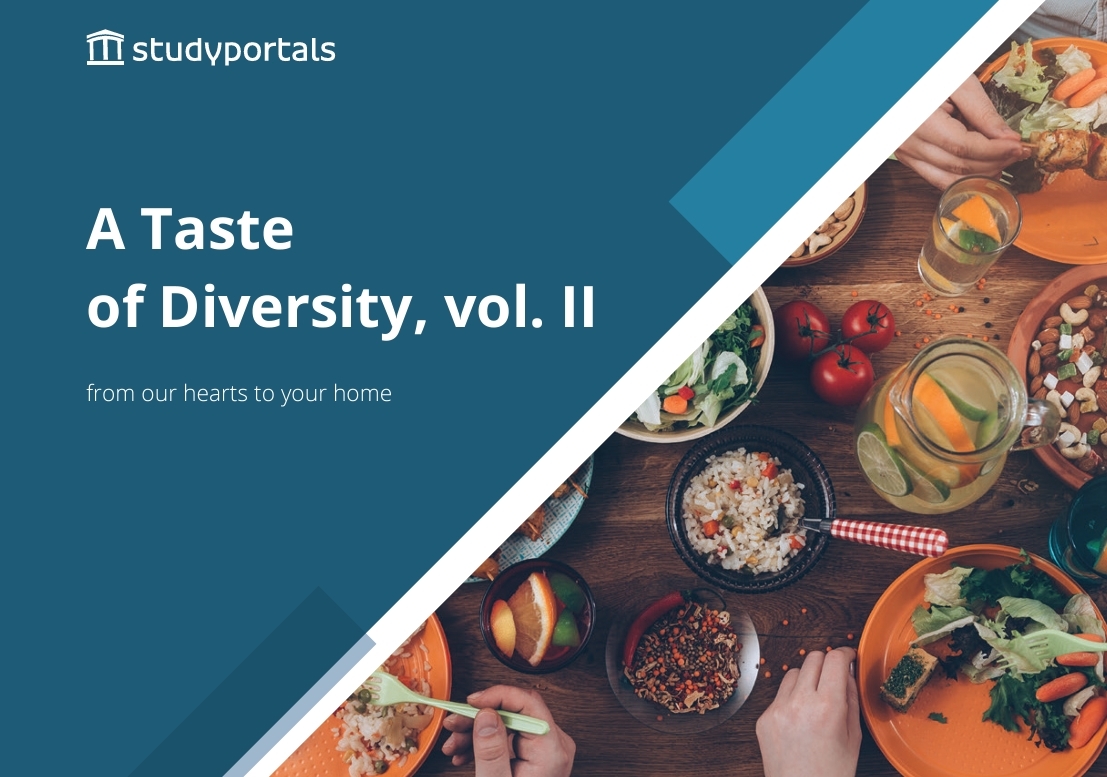Practical Tips from the Field on Student Recruitment during COVID-19
An interview with Peter Arvai, Deputy Director at University of Pécs in Hungary

The spread of COVID-19 has impacted our everyday way of life. Like many organisations and businesses, the higher education industry calls for new ways to their traditional range of strategies. The current situation has drastically changed the higher education industry.
Amongst the most common challenges faced by universities is the shift to digital learning. Another fundamental area that is experiencing a rapid change is (international) student recruitment. While traditionally students are attracted through campus tours, study fairs, university recruiters now have to shift to digital recruitment strategies.
With so many uncertainties, taking advice from universities with successful experience and utilizing digital marketing strategies seems to be the key. We talked to Peter Arvai, Deputy Director of University of Pécs, and put a list of practices for student recruiters that may be vital to help universities mitigate the impact of COVID-19 now and aid future recruitment post-COVID-19.
Student recruitment during COVID-19
With lockdown and social distancing in place, many universities, as a result, had to think of new ways to recruit students. Peter Arvai shares practices that had resulted only in a drop of 8 % international applications, while according to Studyportals research done in May, 57 % of students were thinking about postponing their enrolment.
A few key practices used by University of Pécs
- Live webinars and chat sessions on specific topics such as accommodation, living costs focused on a particular target audience.
- One on one online appointments with students and/or parents
- Virtual fairs
- A website dedicated to a virtual experience of university
- Student ambassador program
Peter Arvai personally believes that the student ambassador program is the most effective strategy out of the ones adopted. Student ambassadors represent your university to prospective students. During this period at University of Pecs student ambassadors organized webinars in their own native languages to connect with other students from the same background. To upcoming students, student ambassadors are seen as peers rather than merely a marketing tool. Student ambassadors increase trust and authenticity which millennials and Gen Z are looking for when applying to universities.
Currently, these practices seem to be replacing regular on-campus visits and are a crucial part of student recruitment in a current situation. However, Peter argues that student recruitment is an ongoing process, as he puts it: ‘everyone got quite tired of all the online solutions because a webinar or a virtual tour or visual fair, can be really exhausting and will not give you the same experience as a personal meeting with a representative of the University. I believe that our current application numbers are because of the work that we had done previously’. In the case of University of Pecs live webinars and virtual fairs play only a part in student recruitment, a lot of students had their minds made up in the pre-COVID-19 period. The student decision making process when it comes to choosing a university is not straightforward. It can be understood as a process of moving back and forth through stages of awareness, interest, decision, and action, which can take up to anywhere between 6 to 18 months. The impact of the efforts put now into online solutions will significantly impact the outcomes of enrolments in 2021.
For most recruiters, at first glance, the biggest challenge due to COVID-19 would seem to be the significant drop in international student applications. According to Arvai the drop in applications is not the biggest concern. The biggest issue is due to surrounding uncertainties, students are delaying tuition fee payments: ‘Around 30% of applicants have not paid their tuition fee yet’. While this is not something unusual, the numbers of delayed payments are significantly higher compared to previous intakes.
New teaching formats
A common concern in the higher education industry is the limits of traveling and issues with getting a visa. Peter Arvai points out that while off-campus continues to function the online mode is rolling? out as well for the students who have limits in traveling. Such modes of education delivery can be regarded as hybrid. Hybrid teaching combines face-to-face classes and digital learning. This caters to students who can come to the campus, but at the same students who are out of the country or prefer staying home to get a full learning experience online. Peter emphasizes that while ‘online solutions cannot substitute totally the physical meetings, personal discussions’, the online experience will be offered and continued. To not lose international students an essential step for universities is to adapt to the current needs of students and offer if possible both choices of starting studies online and on campus.
Post COVID-19 strategies
The needs and expectations of students are undoubtedly changing. For the higher education industry, it is crucial to start thinking about how recruitment processes and delivery of education may need to be adapted post-COVID-19. Peter points out key practices that Pecs will continue to do post COVID-19:
- Virtual tours
- Webinar sessions hosted for/by students
- Online 1-on-1 appointments with students
In his view, he hopes for education to return to physical as it is hard to be substituted but these practices should and are a great addition to the regular on-campus mode.
Utilizing digital tools in student recruitment
There is no one size fits all solution to student recruitment during unprecedented times. To better understand the current situation, how students are behaving, and what recruitment strategies to use, University of Pecs has partnered with Studyportals and DreamApply. ‘Studyportals was a great help mainly because of the webinars and studies they conducted. Having comparative analysis and data in such turbulent times helps a lot to identify threats and deal with them. DreamApply helps to have up-to-date data about applications, enrollments, and trends, which is a must-have feature in today’s recruitment business.’
To understand how students are making study choices in 2020, Studyportals has created a COVID-19 Dashboard for Higher Education that allows keeping track of student interest with weekly updates. COVID-19 Dashboard provides student recruitment managers with information on the development of COVID-19 and how it impacts the interest of prospective students.
While the current situation is full of uncertainties, it can also be seen as an opportunity for the higher education industry to accelerate their digital transformation via digital marketing and recruitment strategies. Digital transformation means integrating the existing offline university functions with digital tools to engage with relevant audiences, improve return on investment, and overall contribute to long-term objectives.
Utilizing digital tools correctly will lead to:
- Better connection with your audience in real-time
- Collection of valuable data to spot process improvements and collect feedback
- Cost-saving and efficiency benefits, helping improve the return on investment
Studyportals team of experts can assist and advise higher education recruiters on where to invest your efforts, which tools will work for your specific cases, and help evaluate the investments you will need to do to start seeing results from a digital strategy.
DreamApply can empower you to streamline the whole applicant journey from the first click to an enrolled student and provide you with the contextualized data you need to develop better strategies to maximize your work efficiency and student enrolment rates.
For more updates, follow us!




